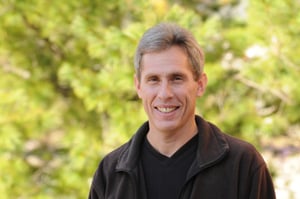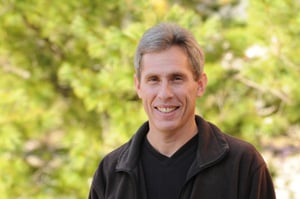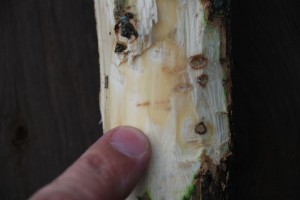Douglas H Jones (Forestry, 1980) has been named as the next district ranger of the Emigrant Creek Ranger District on the Malheur National Forest, Hines Oregon. Doug has 31 years experience with the Forest Service, beginning on the Fremont National Forest in southeast Oregon. Since then he has worked on six national forests across the United States. His most recent assignment was as district ranger of the Spanish Fork Ranger District in Utah.
Originally from Cadillac, Michigan, Doug has a bachelor’s degree in forestry and wildlife ecology from Michigan Technological University. His family includes two grown children and his spouse, Chris, who is an archaeologist with the Bureau of Reclamation in Bend.
Doug enjoys outdoor activities including hunting, hiking, fishing, camping and cross-country skiing. He is also an active member of Ducks Unlimited, Rocky Mountain Elk Foundation and National Wild Turkey Federation.




